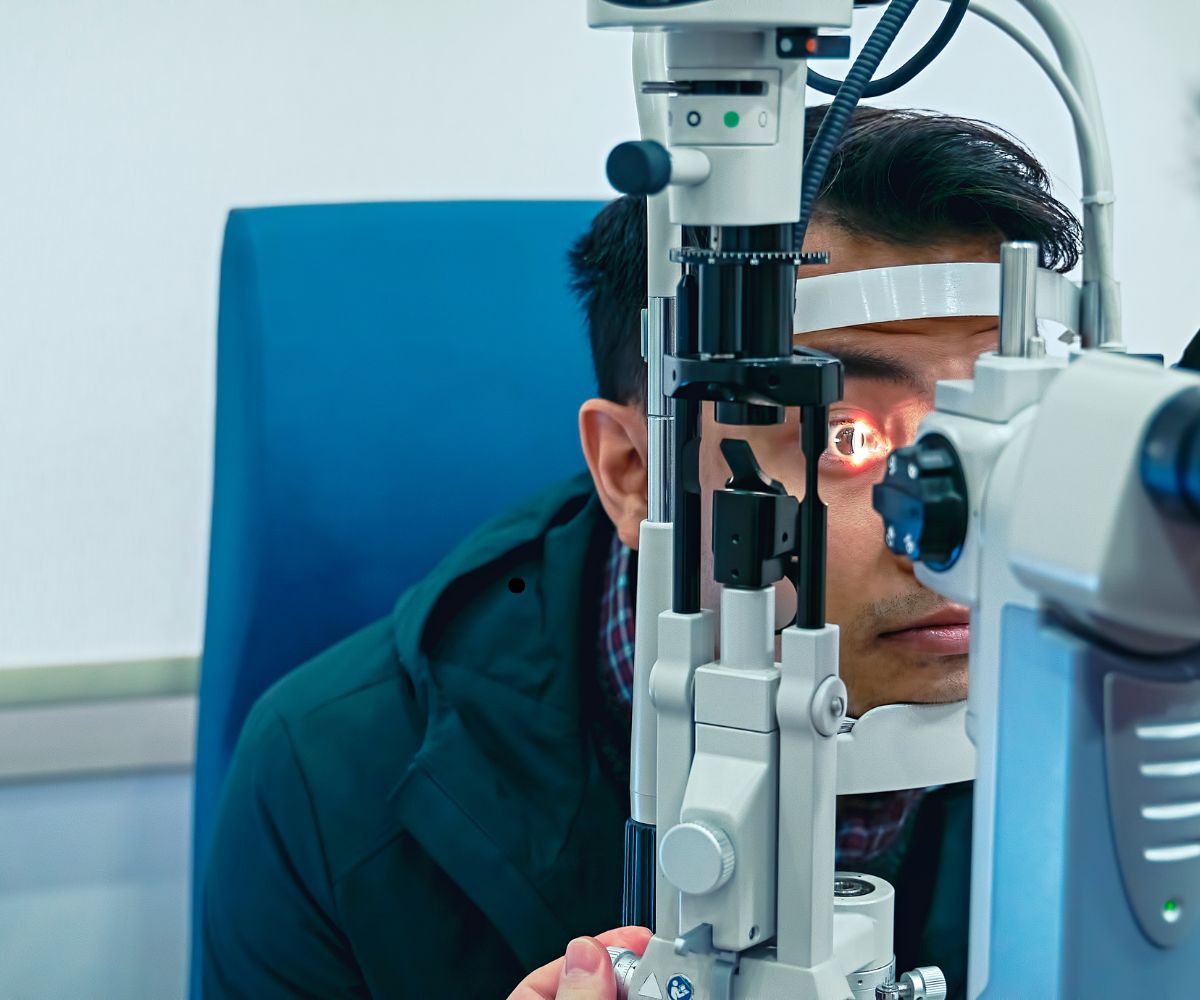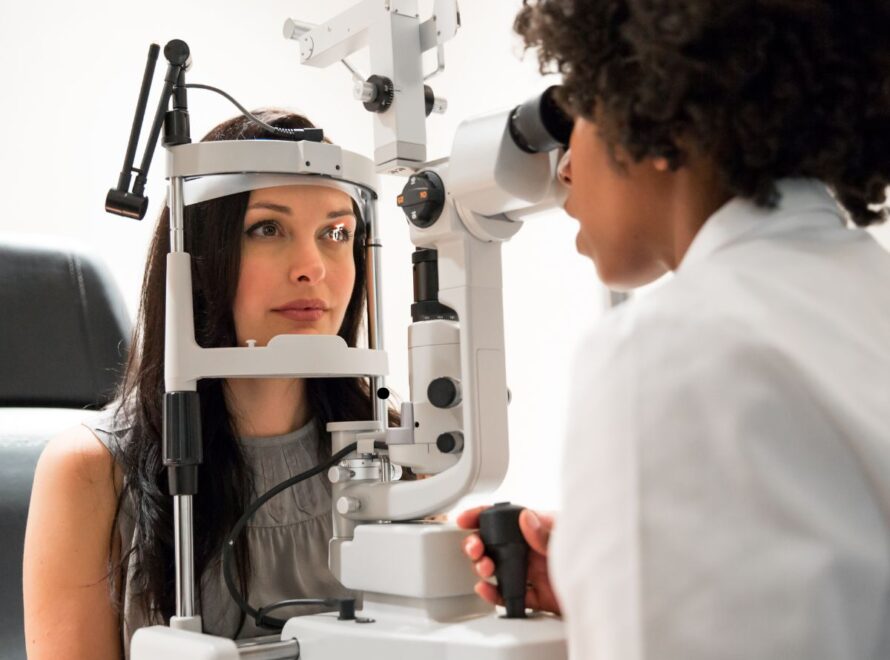Regular eye exams are crucial for maintaining optimal eye health and detecting potential vision problems early on. The frequency at which you should visit an eye doctor can vary depending on your age, medical history, and overall eye health.
How Often Should Adults Get Eye Exams?
- Adults with no underlying medical conditions should have an eye exam at least once every 2 years.
Adults with risk factors such as diabetes, high blood pressure, or a family history of eye diseases should have an annual eye exam.Adults over the age of 65 should have an eye exam every year.
How Often Should Children Get Eye Exams?
- Children should have their first eye exam between 6-12 months of age.
They should then have exams at ages 3-5 and annually after starting school. Children with risk factors or vision problems may need more frequent exams.
What Happens During an Eye Exam?
A comprehensive eye exam typically includes:
- Testing for refractive errors (nearsightedness, farsightedness, astigmatism)
- Evaluating eye muscle function and eye coordination
- Measuring eye pressure to check for glaucoma
- Examining the internal and external structures of the eye
- Screening for eye diseases like cataracts, macular degeneration, and diabetic retinopathy
The Importance of Regular Eye Exams
Regular eye exams allow eye doctors to detect vision problems and eye diseases early, when they are most treatable. This can prevent vision loss and ensure your eyes remain healthy. Visiting an eye doctor as recommended is crucial for maintaining good vision and overall eye health. In conclusion, the frequency of eye exams depends on your age and medical history. Adults should get exams every 1-2 years, while children need more frequent monitoring. Scheduling regular comprehensive eye exams is essential for preserving your vision and detecting any potential issues early on.





